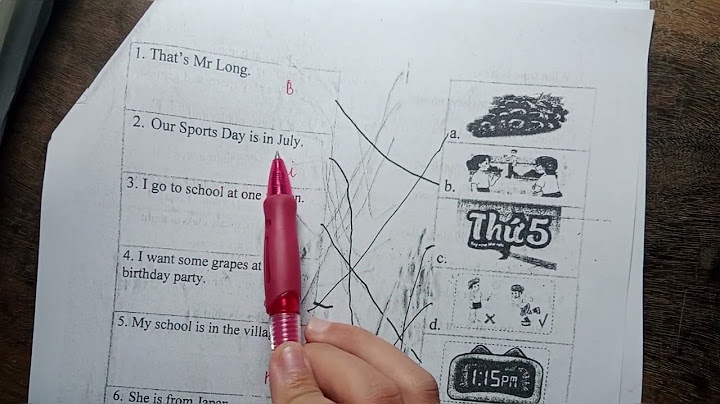A flaw was found in the Linux kernel's ksmbd, a high-performance in-kernel SMB server. The specific flaw exists within the processing of SMB2_SESSION_SETUP commands. The issue results from the lack of proper locking when performing operations on an object. An attacker can leverage this vulnerability to execute code in the context of the kernel. SeverityCVSS 3.x Severity and Metrics:
NIST: NVD Base Score: 8.1 HIGH Vector: CVSS:3.1/AV:N/AC:H/PR:N/UI:N/S:U/C:H/I:H/A:H
CNA: Red Hat, Inc. Base Score: 9.0 CRITICAL Vector: CVSS:3.1/AV:N/AC:H/PR:N/UI:N/S:C/C:H/I:H/A:H NVD Analysts use publicly available information to associate vector strings and CVSS scores. We also display any CVSS information provided within the CVE List from the CNA. Note: It is possible that the NVD CVSS may not match that of the CNA. The most common reason for this is that publicly available information does not provide sufficient detail or that information simply was not available at the time the CVSS vector string was assigned. References to Advisories, Solutions, and ToolsBy selecting these links, you will be leaving NIST webspace. We have provided these links to other web sites because they may have information that would be of interest to you. No inferences should be drawn on account of other sites being referenced, or not, from this page. There may be other web sites that are more appropriate for your purpose. NIST does not necessarily endorse the views expressed, or concur with the facts presented on these sites. Further, NIST does not endorse any commercial products that may be mentioned on these sites. Please address comments about this page to [email protected]. A path traversal vulnerability was identified in Samba when processing client pipe names connecting to Unix domain sockets within a private directory. Samba typically uses this mechanism to connect SMB clients to remote procedure call (RPC) services like SAMR LSA or SPOOLSS, which Samba initiates on demand. However, due to inadequate sanitization of incoming client pipe names, allowing a client to send a pipe name containing Unix directory traversal characters (../). This could result in SMB clients connecting as root to Unix domain sockets outside the private directory. If an attacker or client managed to send a pipe name resolving to an external service using an existing Unix domain socket, it could potentially lead to unauthorized access to the service and consequential adverse events, including compromise or service crashes. A vulnerability was found in Samba's SMB2 packet signing mechanism. The SMB2 packet signing is not enforced if an admin configured "server signing = required" or for SMB2 connections to Domain Controllers where SMB2 packet signing is mandatory. This flaw allows an attacker to perform attacks, such as a man-in-the-middle attack, by intercepting the network traffic and modifying the SMB2 messages between client and server, affecting the integrity of the data. SeverityCVSS 3.x Severity and Metrics:
CNA: Red Hat, Inc. Vector: CVSS:3.1/AV:N/AC:H/PR:N/UI:N/S:U/C:N/I:H/A:N NVD Analysts use publicly available information to associate vector strings and CVSS scores. We also display any CVSS information provided within the CVE List from the CNA. Note: The NVD and the CNA have provided the same score. When this occurs only the CNA information is displayed, but the Acceptance Level icon for the CNA is given a checkmark to signify NVD concurrence. |





















